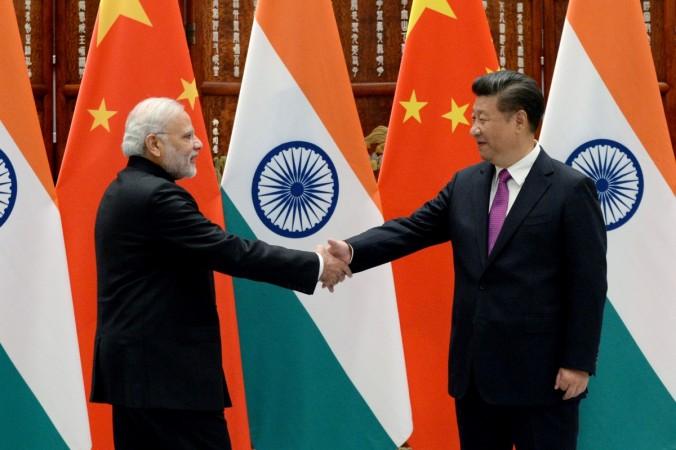
A study by the United States' Stanford University has revealed the list of laziest countries and the ranks of India and China, the country with which it is in the middle of a showdown at the borders in the Sikkim sector, are widely contradictory.
As per the findings, China is the second-least lazy country out of the 46 ranked with its people taking an average of 6,189 steps a day. India, on the other hand, is the eighth laziest country in the list with its people taking 4,297 steps on an average daily. The researchers used the step-counters installed in most smartphones to track the walking of about 7 lakh people in these 46 countries across the globe.
Hong Kong is the least lazy country with its people averaging 6,880 steps a day. India's ally and China's foe US also finished as the 17th laziest country with an average of 4,774 steps a day.
These findings are very relevant at this point of time, especially when India has locked horns with its northern neighbour over a border dispute in Doka La in Sikkim sector. Both countries have assembled their forces in the zone and issuing heated statements to outdo each other. Both have said that they are not in the same league as in 1962, the year when the Chinese had humiliated the Indians over a border war.
But the lag in activity is a pointer to the divide between India and China and why the former will find it tough to bridge the gap despite doing all it can.
The difference between India and China is 1,892 in terms of average steps daily. And this lag, when transformed into years of productivity, will make India look a distant second to the Chinese in terms of growth and enterprise. Before saying that we are ready to fight wars on two-and-half fronts, why don't we do the more useful job of quickening our pace?
Here are five major reasons that have resulted in a big gap between India and China in terms of economic growth and the basic reason for this is nothing but our laziness, which has been made evident by the Stanford study:
#1: Chinese know to market aggressively: Under Prime Minister Narendra Modi, India has undoubtedly turned more pragmatic and understands the need to do things fast, but China's past lead has already put it at a big advantage. China's thrust on inviting investments in models and showcases has led to massive foreign direct investment into their country and the success has been awe-inspiring.
#2: The language of market: China has dumped the ideological burden and embraced market and has gone all the way to convince the world about its belief in market economy. Despite having a restricted political system, China has used all its skills to make a name for itself in the economic sphere. The determined will and consistency could make it a success. India, on the other hand, has not been consistent to show its economic worth, thanks to the lack of consensus often seen in a democratic political system.
#3: Infrastructure: This is one area where the Chinese have always had a lead. Because of their sole prioritisation of business and economic development, the Chinese have made no compromise with clearing the way for fast growth and setting up infrastructure has been one of the integral components of that mission. In India, setting up one economic zone attracts so much controversy and debate because consensus is such a difficult thing to achieve here.
#4: Business-friendly environment: This has been China's USP. Because of their fast action, the Chinese have succeeded in earning a positive image for themselves. Decision-making is something the Chinese never leave for tomorrow while in India, the urgency is yet to be seen fully, despite Modi's best of efforts.
#5: Will to take on the world: The Chinese have an ambition to emerge as a world power and take revenge against history. This massive feeling of nationalistic pride has propelled them forward in a fast pace. The Indians, on the other hand, have either been more apprehensive under a centrist rule or at a loss of direction under a nationalist rule. When the Chinese are taking on the Americans away from its own region in Djibouti, the Indians are worried over how to tackle the Chinese influence in its neighbourhood. We know the reason.
Let's feel encouraged by the Chinese rank in the list of lazy countries and try to walk those extra steps so that we can reach a position to challenge them in the true sense one day. We have all the potential in us, even to do better than the Chinese in many aspects. It's just that we have to shed the lethargy.














